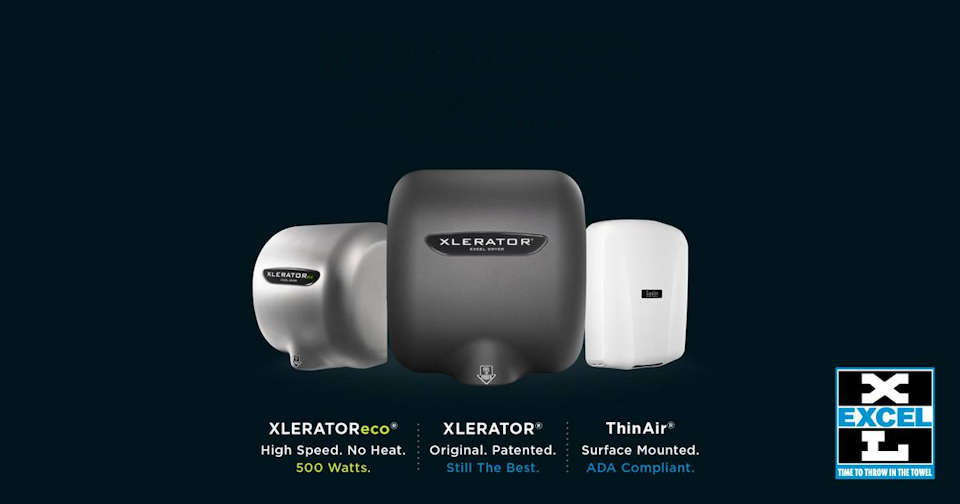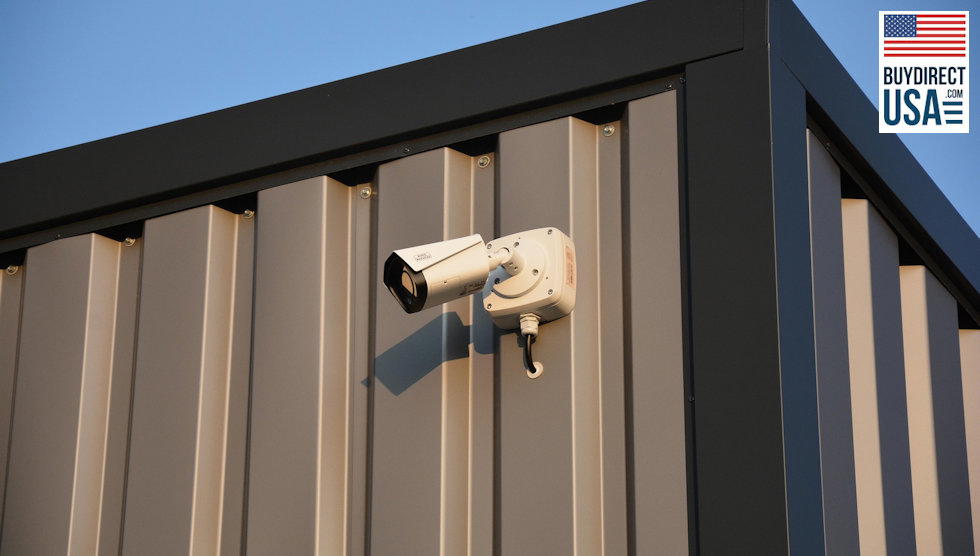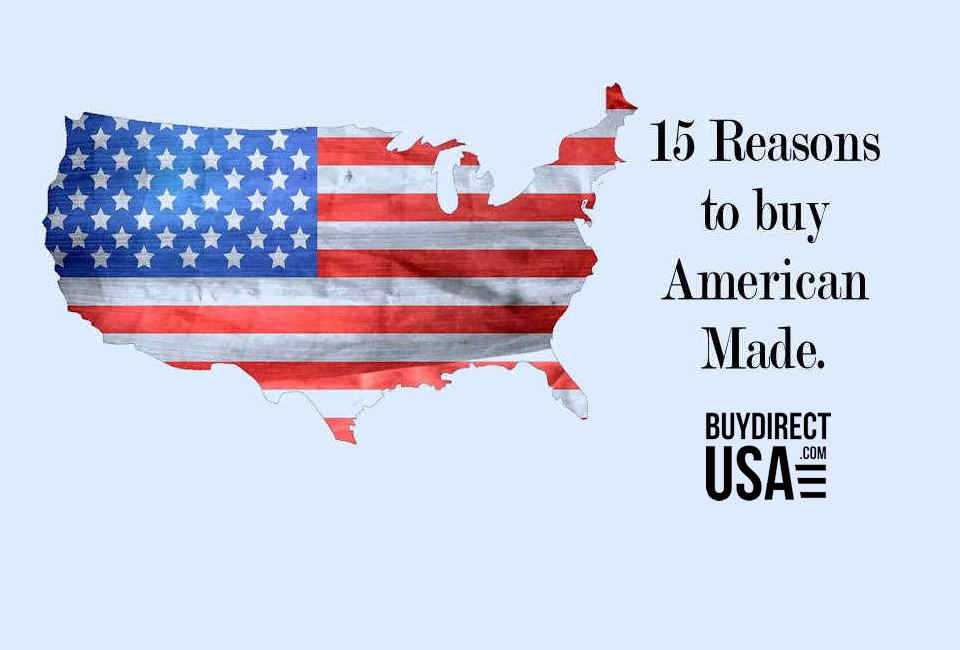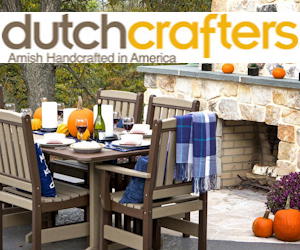Your bathrooms have to be as clean as your kitchen; that goes without saying. If you have a guest that goes into a dirty bathroom, they’re going to be wondering about what’s on the plate. -Tim Taillefer, general manager, Max Burger, Longmeadow, Mass.
If the above assertion has you nodding a silent hear, hear, you’re probably a restaurateur. Or, for that matter, you could be just about anyone who ever dines out.
The fact is, a restaurant’s restrooms are the ultimate reflection of its commitment to the customer experience. Corner to corner, there’s no room for compromise here—but there may be room for improvement. Excel Dryer has helped eateries around the world create clean, modern, energy-efficient restrooms while cutting maintenance expenses to a bare minimum. Hear how it happened for Max Burger in the video above.
What do we mean by clean?
When it comes to a restroom’s sanitary conditions, there are essentially two categories: the conditions you can see, and the ones you really can’t. Both are critical for a facility to consider, and both are demonstrable reasons to throw in the towel.
The visible: paper waste
Conditions that make a restroom visibly unclean need little explanation. Among the most common unsavory culprits are used paper towels, on the floor or in overflowing waste receptacles, in the sinks, even clogging the toilets. Messes are a fact of the paper-towel choice.
The invisible: illness-causing bacteria
Certainly, bacteria lurk in restrooms. For this reason, diligent sanitization tops a maintenance crew’s task list. What if we told you there’s a source of bacteria that no amount of ordinary cleaning will eradicate? A source that, in fact, is a common part of the very process of hand hygiene?
A study conducted by researchers at Laval University in Quebec City and published by the American Journal of Infection Control evaluated bacterial contaminants found on unused, recycled paper towels. The pilot study found “a large community of cultural bacteria, including toxin producers, can be isolated from unused paper towels.”
These bacteria were also found to be capable of transfer to individual’s hands after washing, “which may have implications in some industrial and clinical settings as well as in immune compromised individuals.” Specifically, the findings included 17 species of bacteria on the paper towels with the most common being Bacillus, which causes—irony alert—food poisoning.
The self-maintenance difference
Beyond the health and hygiene front, the economic advantage of using our high-efficiency hand dryers over paper towels is undeniable. Numerically speaking, it’s downright astronomical. Hosting 500 – 1000 people daily (double on weekends), Max Burger was spending $5,850 a year on paper towel use. Since switching to XLERATOR® Hand Dryers, the locally celebrated establishment’s hand hygiene expense has plummeted to an annual figure of $224.64. That’s a 96% savings.
Unlike replacement-needy paper towels and water-filling, trough-style dryers, “the XLERATOR maintains itself,” noted Max Burger’s restaurant manager Laura Katsoulis. “Our staff can keep an eye on the floors throughout the dining rooms, making sure menus are clean, the booths are all set up, as opposed to cleaning the bathroom.”
To sample a taste of the Excel Dryer experience, simply explore your own local scene; no doubt, an eatery near you is enjoying the level of cost savings, contemporary aesthetic and customer satisfaction that only the finest American-made dryers can provide. Wouldn’t you like to have what they’re having?







